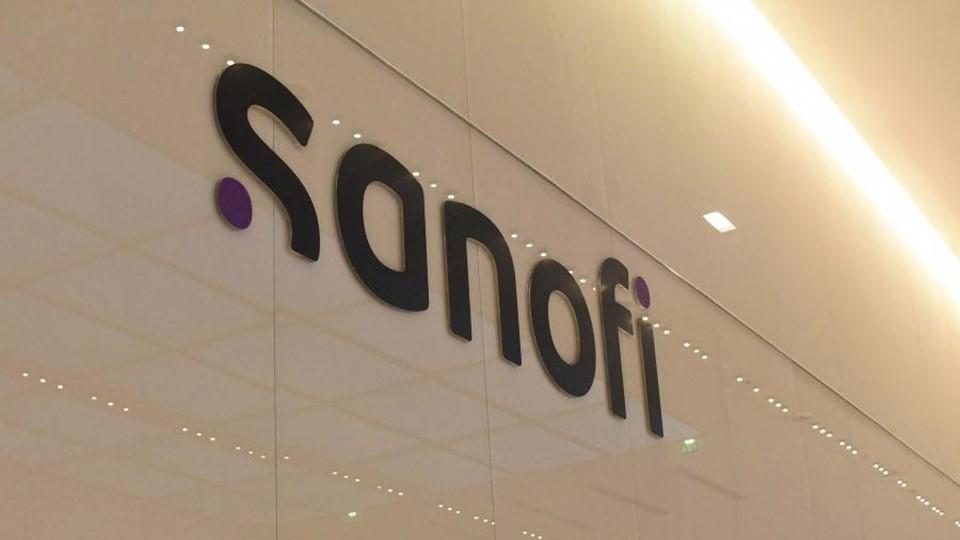Two of three trials fail, but Sanofi will still file MS drug

Sanofi has said it plans to start discussions about filing its oral BTK inhibitor tolebrutinib for multiple sclerosis, even though the drug only achieved its primary objective in one of three phase 3 trials.
The good news for the company was that tolebrutinib was able to achieve a statistically significant reduction in disability accumulation in non-relapsing secondary progressive MS (nrSPMS) in the HERCULES study – becoming the only drug in the class to do so, according to the drugmaker.
On the other hand, two studies of the drug in relapsing forms of MS – GEMINI 1 and 2 – were unable to show any improvement with tolebrutinib compared to Sanofi's current oral MS therapy Aubagio (teriflunomide) on the main endpoint of reducing the annualised relapse rate.
Tolebrutinib was one of three oral BTK inhibitors that Sanofi acquired as part of its $3.7 billion buyout of Principia Biopharma in 2020, and was abandoned as a treatment for myasthenia gravis - another neuromuscular disorder – last year for what the company said at the time were commercial reasons.
Sanofi is banking on the totality of data from the three phase 3 trials supporting potential filings for tolebrutinib, with the HERCULES result backed up by secondary endpoint data from the GEMINI studies showing that the drug was able to achieve a "considerable delay" in the worsening of disability compared to Aubagio.
A fourth phase 3 trial called PERSEUS in patients with primary progressive MS (PPMS) is still ongoing, with results due next year.
There is a much greater need for new therapies for progressive forms of MS than in relapsing forms of the disease, so Sanofi's decision to proceed based on the HERCULES result makes sense.
While relapsing forms are characterised by sudden attacks associated with advancing disability, in non-relapsing patients the decline tends to be more continuous and driven by underlying nerve inflammation. For that reason, focusing on disease progression and the time to disability – rather than the relapse rate – is a more logical measure for progressive forms.
Despite treatment, most patients with relapsing MS eventually go on to develop SPMS, so having an additional treatment option for this group could be a big step forward.
Earlier this year, Houman Ashrafian, Sanofi's head of R&D, said that while the annualised relapse rate remains the endpoint of choice currently, "most of the [patient] community and most of the physicians that are looking after these patients will point you to the fact that […] confirmed disability progression is much more important."
The question now is what wording on tolebrutinib's label Sanofi will go after if – based on feedback from regulators – it files the drug for approval in MS.
The drug is one of several oral BTK drugs that have been in clinical development for MS, alongside Merck KGaA's evobrutinib, Roche's fenebrutinib, Novartis' remibrutinib, and InnoCare Pharma's orelabrutinib.
Evobrutinib was the first BTK inhibitor to show proof-of-concept in a phase 2 trial, but failed two phase 3 trials in relapsing MS last year and was shelved. Fenebrutinib is in phase 3 for PPMS, with results due in 2026, while remibrutinib is in phase 3 for relapsing MS. China's InnoCare was partnering with Biogen on the development of orelabrutinib, which is in a phase 2 trial in relapsing MS, but the US firm handed back rights last year.
The rationale for targeting BTK is that it allows selective inhibition of the auto-reactive B-cells that are behind the pathologies of MS, myasthenia gravis, and other autoimmune disorders.
That could give the drugs an advantage over CD20-targeting therapies like Roche's Ocrevus (ocrelizumab) – which inhibit B-cells across the board, leaving patients prone to infections and other side effects – and are also less likely to cross the blood-brain barrier into the central nervous system.
Last year, GlobalData suggested that tolebrutinib would be the leading BTK inhibitor for MS by 2030, with forecasted sales of approximately $2.6 billion across seven of the largest pharma markets.












